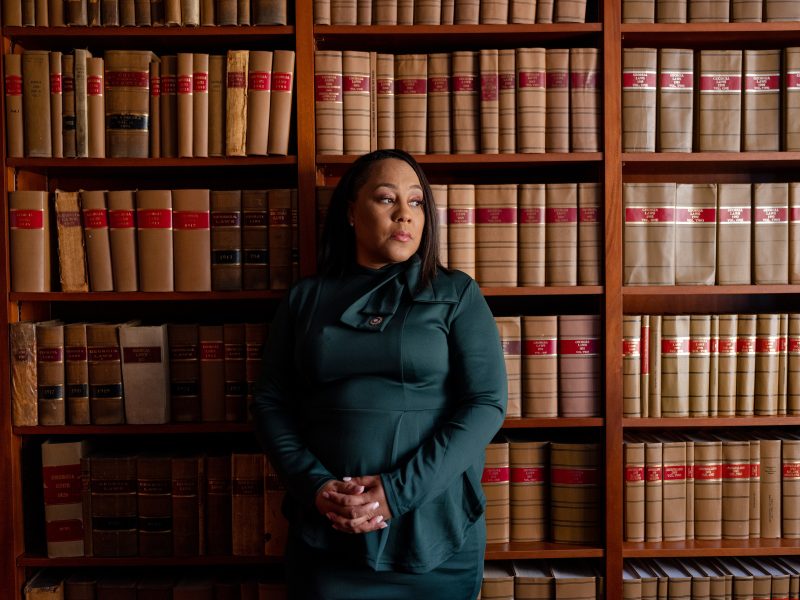In the ongoing legal battle surrounding the 2020 Presidential election in Georgia, race has emerged as a central and contentious issue. The case, involving allegations of voter fraud and irregularities, has underscored the deep-seated racial tensions that continue to permeate American society.
At the heart of the controversy is the stark disparity in how different communities are treated and perceived within the justice system. Critics argue that the Trump campaign’s efforts to challenge the election results in Georgia disproportionately target predominantly Black communities, suggesting a pattern of racial bias and discrimination.
The historical context of race relations in the United States further complicates the situation. Georgia, a state with a long history of racial segregation and inequality, has become a battleground for competing narratives of justice and fairness. This backdrop has fueled existing divisions and heightened the stakes of the legal proceedings.
Moreover, the involvement of high-profile figures, including former President Donald Trump, has magnified the racial dynamics at play. Trump’s controversial rhetoric and actions on race have polarized public opinion and fueled debates about the role of race in politics and the justice system.
The media coverage of the Georgia case has also contributed to the racial tensions surrounding the election dispute. Biased or sensationalized reporting can reinforce negative stereotypes and deepen existing divides, further complicating efforts to achieve a fair and impartial resolution.
Moving forward, it is essential for all stakeholders involved in the Georgia case to acknowledge and address the racial dimensions of the dispute. By promoting transparency, accountability, and equity in the legal process, there is an opportunity to bridge divides and foster a more inclusive and just society for all.
In conclusion, the Trump-Georgia case serves as a stark reminder of the enduring legacy of race in American society. By confronting and challenging systemic inequalities, we can work towards a more just and equitable future for all citizens, regardless of race or background.

